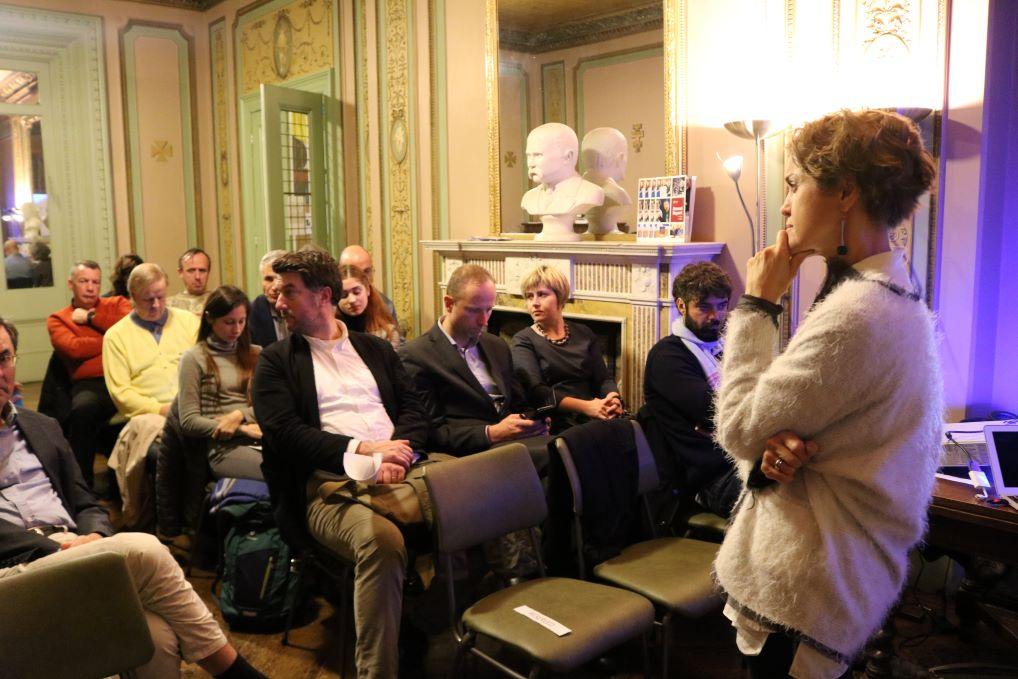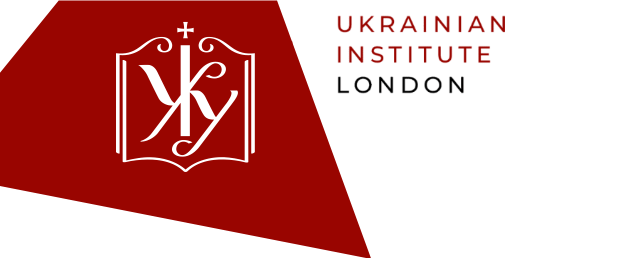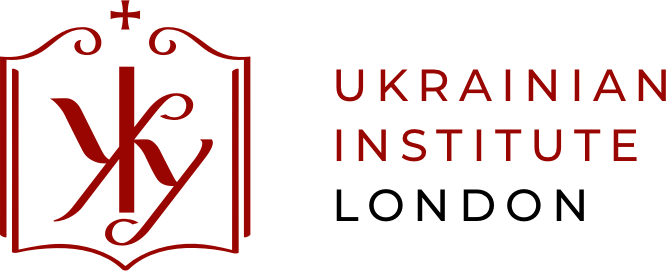A panel discussion at Ukrainian Institute London on 17 October 2019, featuring research carried out in Ukraine and the UK.

AUTHOR
James Bolton-Jones, graduate of the Ukrainian Studies Programme at the University of Cambridge.
Russia is a major actor in coordinating a global campaign of disinformation, through its media outlets abroad, its social media activities and through its domestic media narratives – this was the key theme of a panel discussion at Ukrainian Institute London on 17 October 2019, featuring research carried out in Ukraine and the UK.
Co-Founder of the Ukraine Crisis Media Center (UCMC) Nataliia Popovych spoke at the event and described how her team seeks to provide objective information on the ground in the face of disinformation produced by Russian state-controlled media. With all three of Russia’s most popular TV channels, Rossiya 1, Pervyi Kanal and NTV, being controlled by the state, the UCMC has its hands full in attempting to document and analyse disinformation, which is churned out daily.
Ukraine is a major part of Russian news, and lies in the top 1% of the most featured topics.
Popovych first focused on how Ukraine is portrayed in Russian state-run media. Ukraine, she explained, is a major part of Russian news, and lies in the top 1% of the most featured topics. The coverage is overwhelmingly negative, and often degrades Ukraine and dehumanises its citizens. Sometimes, on the popular talk show format, a token individual representing a “Ukrainian” point of view is verbally, and on one occasion even physically, attacked and mocked.
The same goes for the portrayal of the “West”. According to the UCMC’s statistics, the overall portrayal of Ukraine, the rest of Europe and the US is 84% negative, and just 16% positive. Popovych drew a disbelieving chuckle from the room when noting that from the UCMC’s analysis of Russian state-controlled TV, life is truly liveable in only two “western” countries: Switzerland and Belarus.
Two themes constituted 43% of coverage: the “horrors of life” in the West and “protests”. Popovych explained how a seemingly insignificant event is often blown out of proportion in order to portray the West as depraved and decaying. Protests, hardly the Russian government’s favourite topic, are therefore made to seem terrible and dangerous in an effort to discourage viewers from dissent. Other topics which are particularly targeted are terrorism, the refugee crisis and LGBT issues, all in an attempt to demonstrate the decadence and decay of the “West”.
Dr Gordon Ramsay, visiting researcher at University of Westminster, while unable to attend the event, nevertheless presented key findings of his research – Weaponising News: RT, Sputnik and Targeted Disinformation, which tested how susceptible commercial Western media were to republishing targeted propaganda from Russian English-language news outlets.
The research provided overwhelming evidence of the extent to which Russian English-language news outlets inject vast quantities of disinformation into the international information space
The research provided overwhelming evidence of the extent to which Russian English-language news outlets inject vast quantities of disinformation into the international information space, and spew out contradictory narratives on themes key to Russian interests. Other techniques included consistent repetition of untruths, strongly skewed focus, spread of conspiracy theories, reliance on experts with strong pro-Russian views and exploiting political and social division lines in Western societies.
Dr Ramsay’s presentation spoke of what he described “isomorphic mimicry”- a phenomenon of propaganda carefully masquerading as journalism, and as such being picked up and amplified by British media, most notably tabloid media. RT and Sputnik intersperse their propagandistic content among hundreds of daily articles about non-controversial issues, making it very difficult to spot and roll out any measures against, the presentation said.


